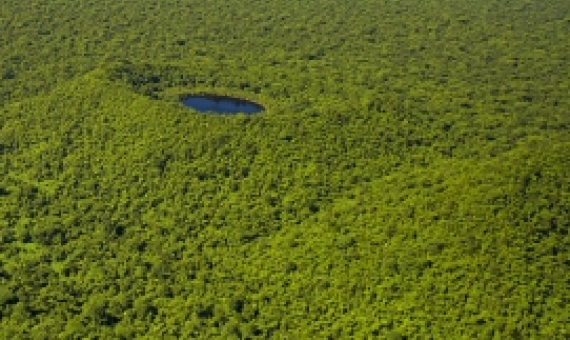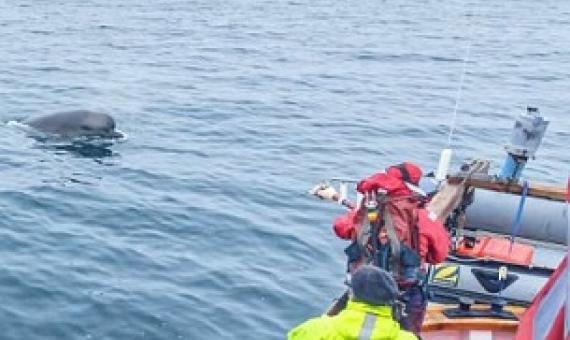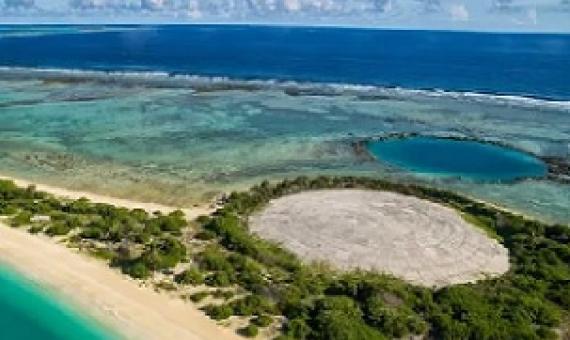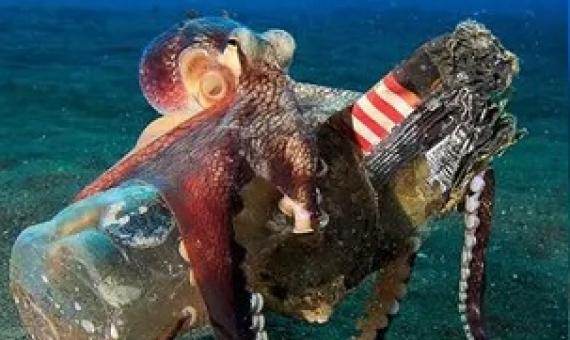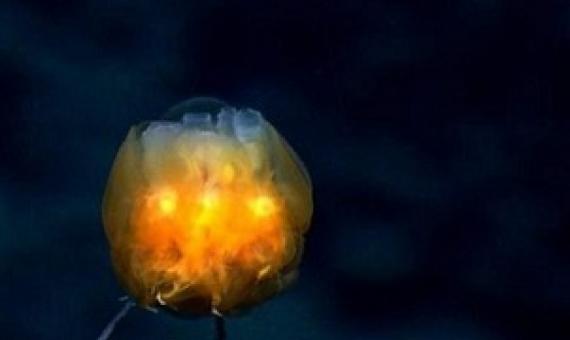Discovering and describing new species is essential to biology researchers and conservationists because they use species as a unit of analysis.
Native forests with a mix of diverse vegetation provide more environmental benefits than monoculture plantations and should be prioritized in climate mitigation efforts, according to a new study published Thursday.
A breakthrough study by a specialist European research team, including scientists at the University of St Andrews, shows man-made underwater noise pollution is picked up by whales in a similar way they sense natural predators, explaining why some species are particularly sensitive to disturbance.
A new study has found that costs of conservation projects are rarely reported, making it difficult for others to make decisions on the most cost-effective interventions at a time when funding for biodiversity conservation is severely limited.
The sounds of nature could help us recover from mental fatigue, but this power may be under threat as ecosystems deteriorate and people disconnect from the natural world, according to new research published in the journal Global Environmental Change. Led by a team from the Universit
A new scientific report suggests that the radioactive element strontium 90 is a more significant contamination factor in the northern Marshall Islands than has been acknowledged to date by the US Department of Energy. The new study, published in the Journal of Radiation Research and Applied
Whether it’s mimicking venomous creatures, or shooting jets of water at aquarium light switches to turn them off, octopuses are nothing if not resourceful.
Assessment of scientific gaps related to the effective environmental management of deep-seabed mining
A comprehensive understanding of the deep-sea environment and mining’s likely impacts is necessary to assess whether and under what conditions deep-seabed mining operations comply with the International Seabed Authority’s obligations to prevent ‘serious harm’ and ensure the ‘effective protection of the marine environment from harmful effects’ in accordance with the United Nations Convention on the Law of the Sea.
New research, co-authored by oceanographers at the University of Hawai‘i at Mānoa, warns there are too many unknowns for deep-sea mining.


